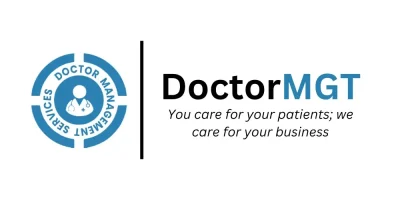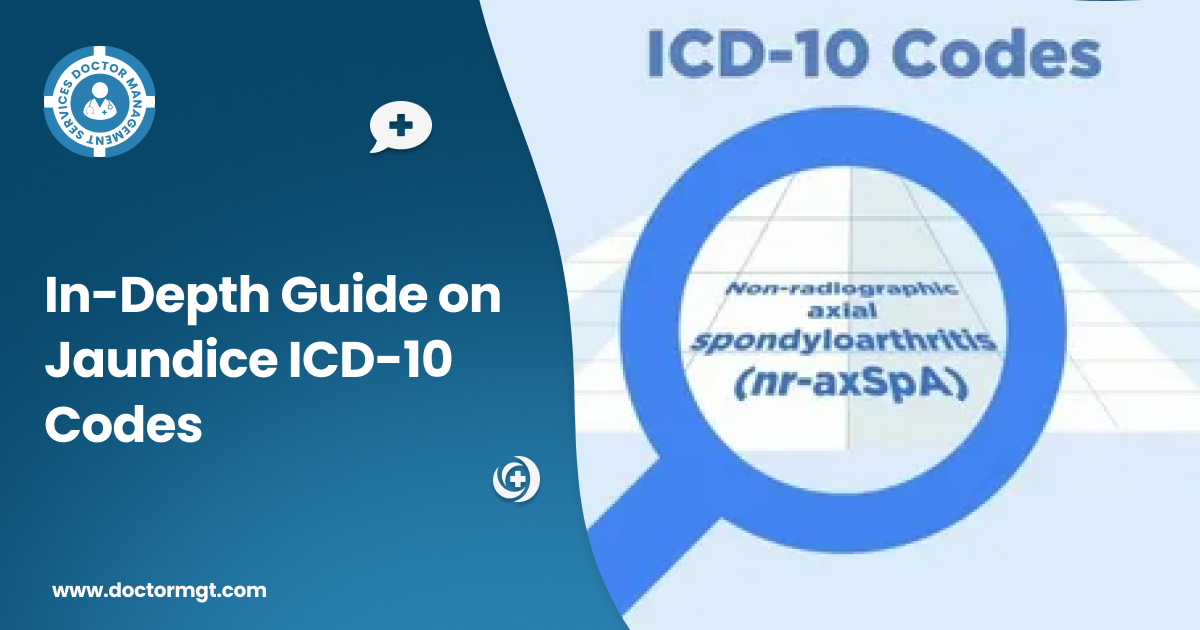Personal injury cases cover a vast range of incidents in the healthcare industry, including medical malpractice. It means medical malpractice is a subdomain of personal injury but both have significant differences.
Personal injury claims deal with injuries because of someone else’s negligence. This can be a car accident, slip and fall incident, animal attack, or selling defective products. For instance, you planned a visit to a friend, and your vehicle was on its way. Suddenly, another driver, who was busy using his cell phone while driving, hit your car. This will be considered his negligence.
On the other hand, medical malpractice encompasses personal injury cases caused by the negligence of a healthcare provider. Such as incorrect diagnoses, surgical errors, birth injuries, etc.
Hence, the main difference between personal injury medical malpractice lies in the counterparty involved. In this article, we will be giving a detailed explanation of the difference between PI and medical malpractice cases.
Understanding Medical Malpractice
When a doctor, nurse, hospital, or healthcare provider fails to meet the standard protocols of care, they will be held accountable for their medical malpractice. In Cleveland, the regulatory body for healthcare compliance clearly outlines the obligations of healthcare professionals and the rights of patients as well.
Although medical malpractice lies in the PI domain but it is relatively more legally complicated than other personal injury cases. Hence, involving a personal injury lawyer for medical malpractice is a wise decision.
Types of Error and Malpractice
Medical malpractice may be defined as any major failure on the part of a healthcare professional to deliver a reasonable standard of care. But some medical errors are more frequent than others, including:
- Misdiagnosis: When a healthcare provider incorrectly diagnoses the patient’s condition.
- Delayed Diagnosis: Significant delay in identifying a patient’s medical condition.
- Failure to obtain informed consent: Performing treatment without prior informing the patient about the involved risks, treatment alternatives, and potential consequences of treatment.
- Incorrect treatment: It refers to recommending inappropriate treatment to the patient.
- Mistakes during treatment: Errors or mistakes occur during the course of treatment.
- Surgical Errors: Operating on the wrong side of the body part or performing the wrong procedure.
- Birth Injuries: This means when a newborn or its mother sustains any harm during the labor process due to the negligence of healthcare providers.
- Wrongful Death: if a doctor fails to diagnose a life-threatening condition in a timely manner, and the patient subsequently dies as a result, it may be considered wrongful death due to medical malpractice.
Exploring Personal Injury Dynamics
A person whose physical or psychological integrity gets harmed due to someone’s negligence will be inside the Personal Injury Club. PI cases are fundamentally based on the procedural principle of tort law, which enables individuals to demand damages for personal injuries involving medical expenses, loss of income, or suffering as a consequence.
The following are some common aspects of personal injury claims collections. Each of these scenarios has its own considerations, which makes professional legal guidance from a medical injury lawyer essential for successful outcomes.
Types of Personal Injury Claims
- Slip and fall on acquaintance premises.
- Car accident due to counter-party negligence.
- Animals attack or bite someone else’s pet.
- Defective product sold by retailer.
- Medical malpractice covers the negligence of healthcare providers.
- Nursing home abuse is when a nurse abuses the patient during his treatment.
- Toxic torts involve injury caused by exposure to toxic substances by mistake of a third party.
Personal injury claims can also arise from emotional harm. For example:
- Deliberately inducing significant emotional distress.
- Defamation is when someone spreads false facts that lead to reputational damage.
- Unwarranted apprehension, detention, or imprisonment.
- Malicious prosecution refers to when someone initiates legal proceedings against another person without probable cause.
- Invasion of privacy, such as public disclosure of private facts or exploitation, etc.
How Do Medical Malpractice and Personal Injury Claims Differ?
If you are still wondering, “is medical malpractice personal injury?” then you must have a look at the following differences:
Scope of Harm:
Personal Injury: This includes any injury sustained by someone as a result of the negligent or intentional conduct of another person or entity. This may also include serious injuries such as those from car accidents, trips and falls, defective products, and more.
Medical Malpractice: It deals with healthcare professionals’ or institutions’ faults happening because of negligence, omission, or deviation from the usual standards of care.
Standard of Care:
Personal Injury: Most often, the standard of care is what a reasonable person would do to avoid harm or damage to others given similar circumstances.
Medical Malpractice: Set a higher standard of conduct as to what a reasonable healthcare provider would be expected to do in such circumstances.
Defendants:
Personal Injury: The defendant can be a person, business, or organization whose negligence or wrongful actions thereof resulted in injuries to the claimant.
Medical Malpractice: Normally, the defendant is a healthcare officer, like a doctor, nurse, or hospital, whose actions or non-actions led to the patient’s injuries.
Proof of Negligence:
Personal Injury: The plaintiff needs to show that the defendant either did not handle the matter per the standard of care or failed to do it altogether, and this directly caused the plaintiff’s injuries.
Medical Malpractice: Besides the defendant’s negligence, the plaintiff must also establish that the healthcare provider deviated from the accepted standard of care, which eventually caused harm to him.
Expert Testimony:
Personal Injury: Although expert testimony can be given in personal injury lawsuits, it may not be necessary to establish negligence.
Medical Malpractice: Medical expert testimony plays a vital role in determining accepted medical practices and also in establishing if a violation was committed in the case of medical negligence.
Statute of Limitations:
Personal Injury: There are certain time frames encompassing a lawsuit that may differ in each jurisdiction where the case is to be filed and also the type of injury the victim has suffered, but they will generally be shorter than those filed against medical malpractice issues.
Medical Malpractice: Because of both the immense complexity of medical issues and the possibility of not finding the cause of the damage in time, the filing period for a medical malpractice lawsuit is usually longer than for other types of personal injury claims.
Ending Note
If we look from the standpoint of tort laws, both of the fields—personal injury and medical malpractice—deal with the harm inflicted on individuals; however, they are very different in many aspects.
Personal injury includes injuries that occurred either due to carelessness or intentional actions of another party such as accidents on highways, slip-and-fall, or products where manufacturers failed to give warnings about unknown hazards.
However, medical malpractice specifically deals with damage caused by healthcare providers (doctors, nurses, hospitals, or other institutions) due to negligence, omission, or deviation from approved standards of care.
Furthermore, the defendants in these trials are not the same people. For example, in personal injury cases, the defendant can be any individual, organization, or entity that caused harm, but in medical malpractice cases, the defendant is usually a medical professional or institution.
Additionally, individuals related to medical billing and coding services California can benefit from the professional services of medical injury attorney tailored to their specific needs, ensuring accurate and efficient management of healthcare-related financial matters.





